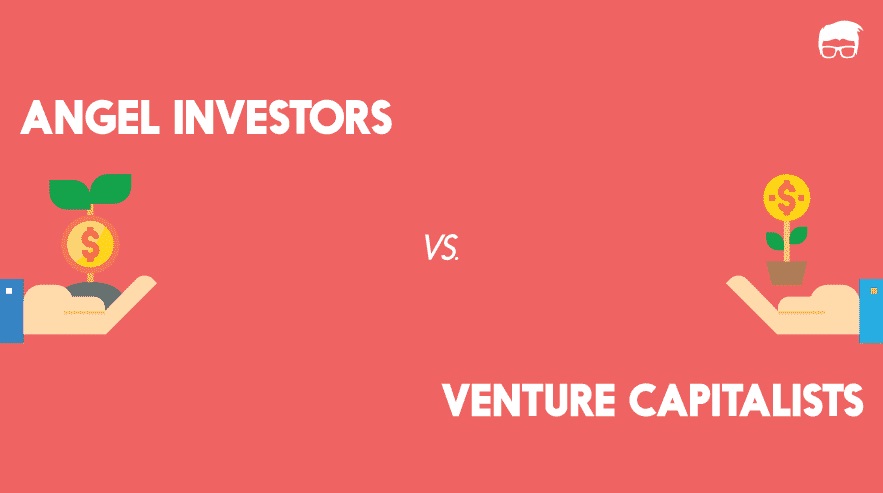Angel investment platforms are launching VC funds to move up the value chain. This allows them to have a greater say in the startup’s management and helps them become a part of their long-term growth story.
Angel investment platforms across the country are looking to expand their role as investors in startups and are going the venture capitalist route. Angel investors are becoming venture capitalists through the establishment of VC funds and the writing of larger cheques.
Angel investment platforms are typically made up of individuals who have the common goal of investing in early-stage startups during either the Pre-Seed or Seed stages. Angel investors have smaller cheques than conventional VC firms.
Angel investment platforms generally invest between Rs 1 crore to Rs 10 crore. The sweet spot is Rs 2 crore to 4 crore. These platforms can also invest in the thousands.
In a departure from traditional angel investment platforms, angel funds are now establishing their own VC funds, with larger cheque sizes. Investors believe this gives them more control over startup operations and allows them to be part of their long-term growth story.
Some of the most popular angel investment platforms have launched VC funds: Indian Angel Network, Inflection point Ventures (IPV), ah! Ventures.
Bigger purse
Outside investors make up a large portion of the money that goes to the VC fund. Existing angel investors may also invest in the fund.
IAN was one of the first platforms for angel investing to create a VC fund. The fund closed in 2019 at Rs 375 crore.
“It makes logical sense for an angel network to launch a VC fund as it allows them to write larger cheques for startups that require this (money) for their next stage of growth.” – Padmaja Ruparel, Co-founder, IAN, says.
Gurugram-based angel platform IPV has been investing in startups ever since 2018. This year, Physis Capital launched a VC fund called Physis Capital with a target of $50 million.
“The need to launch a VC fund like Physis emerged as IPV wants to back some of the potential winners from its current portfolio and lead and co-invest in large growth rounds which are Series A and above.” – Ankur Mittal, Partner, Physis Capital, says.
Amit Kumar, Partner, Ah! Ventures, an angel investment platform, says, “Founders would not prefer a smaller cheque size when their startups get a higher valuation.”
ah! Ventures launched a VC Fund this year, with a target of Rs 100 crore.
Better leverage
Angel investors generally have the option to exit if a startup chooses to raise more capital. Investors may lose control of the most important decisions involving the startup, even if they are still invested.
A VC fund, however, gives investment platforms greater leverage in the startup and a comparable status to other VC firms backing it. They might also be entitled to equal shares in the startup.
A VC fund also offers investment platforms a more crowded cap table.
The cap table displays how many entities own a company. An angel investment platform is made up of several investors. A VC fund, however, is one entity.
According to Amit, founders are not in favor of a crowded cap table, especially when they are keen on an institutional round of funding. A crowded cap table would mean sending out performance reports to several people and also answering their queries.
The co-founder of another angel investment platform, on condition of anonymity, says, “Founders are tired of seeing more than 20 names on their cap table and would prefer to deal with a single entity.”
Participation in the growth story
Investors have the chance to invest in winners from their earliest days. They can also take part in deals that reach Series A and beyond. This allows investment platforms to stay longer with startups that have the potential to win.
Large funds like Sequoia or Accel have supported early-stage companies with programs like Surge and Atom.
Ankur of Physis Capital, the VC fund of IPV, says, “Physis will pave the way (for IPV) to participate further in chosen success stories. The capital from Physis will help us invest more aggressively in larger rounds and give us the legroom to lead certain strategic growth rounds in potential unicorn startups.”
Amit of Ah! Ventures said, “We can now become co-investors when a startup goes for the next round of funding and also help them in getting larger capital.”
Investors can also participate in deals outside their angel investment network through VC funds.
Trends have been seen so far
Angel investment platforms and VC funds have been able to attract pitches from startups with better-quality value propositions, products, and services.
Physis Capital, for instance, has begun receiving proposals and decks of evaluations. It is expected to announce its first close of Rs 100 million in the next few months.
Several angel investment platforms have created VC funds and are now allowing investors to be limited partners in these funds.
The SEBI, the market regulator, has urged the angel investment platforms and the SEBI to create a more structured VC structure so it can have a better view of the operations.
Late-stage funding appears to have dried up in the current funding season, and the emphasis has shifted toward early-stage investment. This area is being pursued by larger VC funds. Angel investment platforms are able to play a critical role in this space, due to their expertise in early-stage investing and can be treated as such alongside larger, more established VC funds.





